Kornél Mundruczó is competing for the third time at the Cannes Film Festival, where White Dog won in the Un certain regard section in 2014 and Jupiter’s Moon participated in 2017. After the Netflix premiere of Fragments of a Woman (2020), which received very mixed reviews and an Oscar nomination for Vanessa Kirby, the Hungarian director is once again basing himself on a magnificent script by his wife, Kata Wéber, to offer us one of the most beautiful and significant films of this 74th edition. To do so, he traces the traces of the Second World War through three generations of the same family, ending up in present-day Berlin.
With a visual language that makes the most of less traditional narrative possibilities, the reflection on the legacy and unfinished business of the conflict is woven in the intimate with the threads of history, from a concentration camp to a multi-ethnic high school in the 21st century. Without solemnity or speeches, using metaphors such as water, which sweeps, cleanses and flows through time and space, Wéber and Mundruczó ask themselves in this triptych about what we have learned and about the hope for the new generations, the challenges facing the construction of an identity in a new country and a different culture. Padmé Hamdemir, Annamária Láng, Lili Monori and the talented and charismatic Goya Rego star in a film where Eva, Lena and Thomas (grandmother, daughter and grandson) live more or less consciously with the weight of their dramatic past. Kata Wéber wrote the story, which starts in Hungary in 1945 and was based on a play, based on her own mother and the stories of Jewish friends who lived through communism or emigrated to Germany.
The first of the three stories, without dialogue, of a granite-like dryness, forces us into a sensory surrender rewarded by the surreal drift of the images in a kind of birth or rebirth that closes the tragedy and opens the door to a post-war period of uncertainty, in which the world will be politically divided for more than forty years. In the other two stories, also harrowing in their own way, the protagonists will win us over, with Lena’s thread running between her elderly mother in Budapest and her teenage son in Berlin. She is the link and the balance, she preserves the memory of the past and has the possibility of seeing the future embodied in Thomas, the unwitting heir of a tradition, who will in turn face a conflict characteristic of our times, a cultural-religious clash rooted in the depths of our humanity.
Hungarian director Ildikó Enyedi, whose On Body and Soul (2017) competed for the Oscar and won the Golden Bear at Berlin, has released Story of My Wife (A feleségem története), a disappointing one-hour-and-forty-nine-minute film starring Léa Seydoux, Gijs Naber and Louis Garrel, at Cannes. Based on Milan Füst’s 1942 novel about a naval captain who marries the first woman he meets in a cafe on a bet, the film is a river of soap opera with a script that is as full of holes as it is repetitive and can only lead to a shipwreck and the viewer’s relief at the word END. The director, who won the Camera d’Or in 1989 with her debut, My Twentieth Century, has not been able to control a story that is floundering despite the efforts of the always brilliant Seydoux.
At no point do we feel the emotion, the surprise at unexpected love, the anxiety, the frustration, the unease at possible infidelity or any other feeling that might be conveyed by an a priori interesting character, who in maturity exchanges the solitude of the sea for a worldly marriage. The Dutch actor Gijs Naber is less expressive than a lamppost, and the relationship between the couple never offers the necessary clues for us to observe their interaction and evolution. The seven chapters into which the film is divided, sticking to the more literary adaptation, become, after the initial pact with the viewer, a dull, aesthetically pleasing but oppressive and suffocating mess.

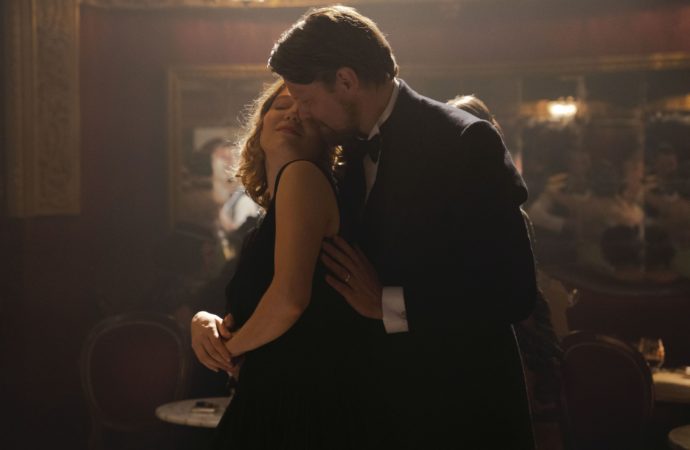

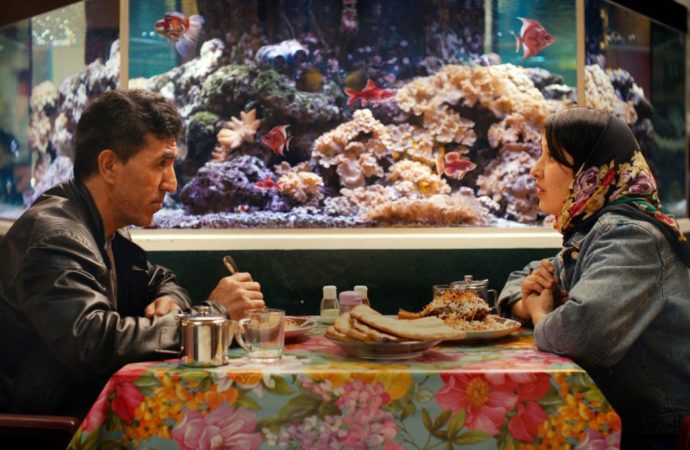

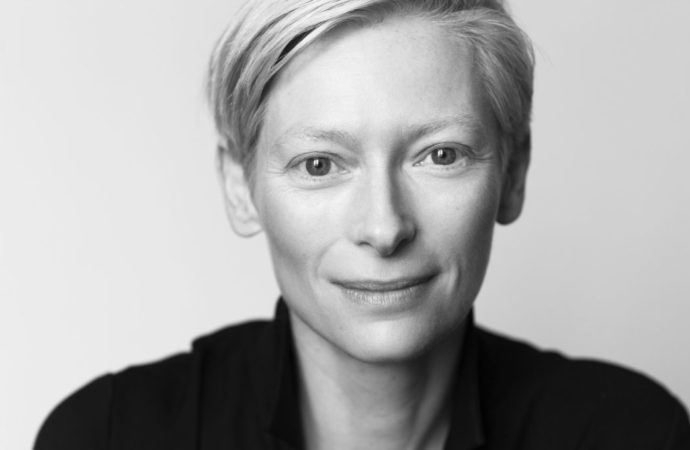
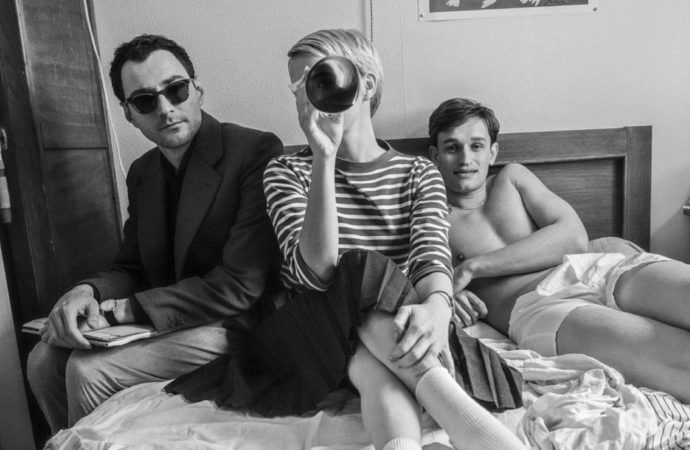
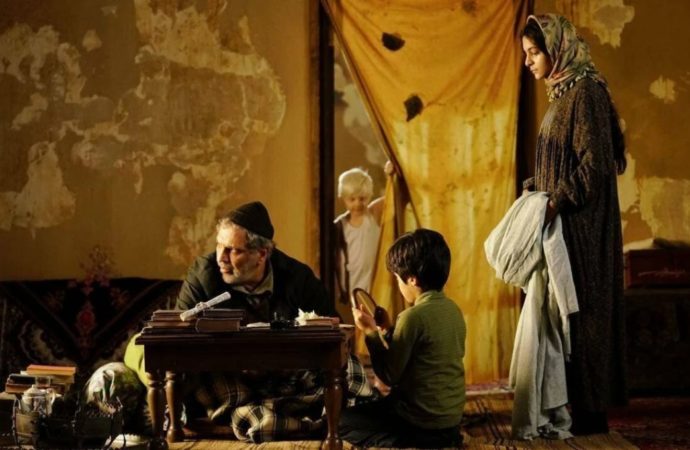
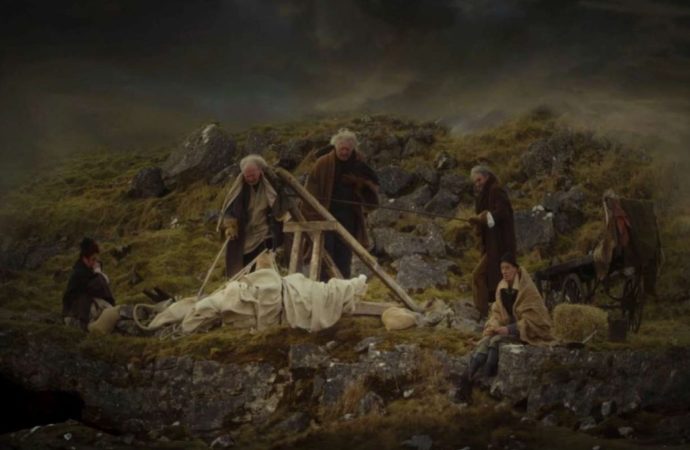
No one has posted any comments yet. Be the first person!